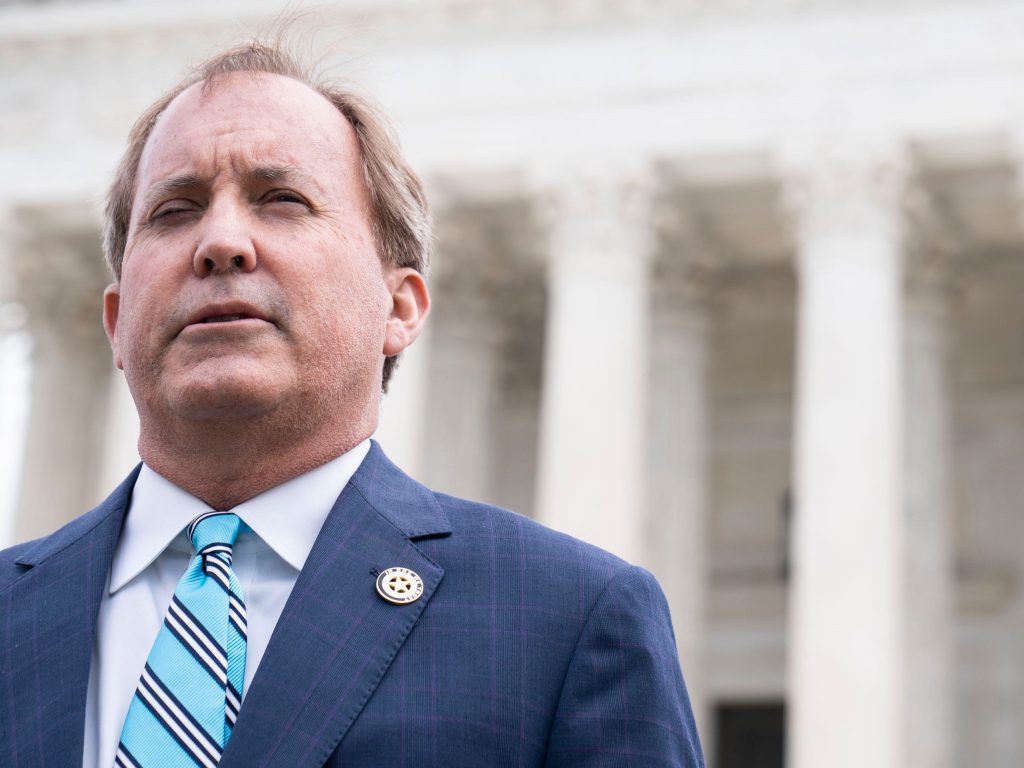- On Tuesday, a state district judge ruled that a pre-Roe law criminalizing abortion would not be enforced.
- The Texas Supreme Court blocked the lower court ruling on Friday, creating confusion for clinics.
- Attorney General Ken Paxton had said district attorneys could prosecute abortion providers under the pre-Roe statute.
The Texas Supreme Court blocked a lower court order late Friday that said clinics could temporarily continue performing abortions after the Roe v Wade decision.
Abortion clinics in Texas have faced instability this week regarding whether they can continue operations.
Immediately after the Supreme Court overturned Roe v Wade Texas implemented a state trigger law that would ban abortion at the moment of fertilization. According to the Texas Tribune, the trigger law would not take effect until 30 days after the Supreme Court ruling. However, a nearly century-old statute, which was established in 1925 but has not been enforced in Texas under Roe v. Wade, could allow prosecutors to bring criminal charges against abortion providers, Attorney General Ken Paxton said in a memo after last week's ruling.
The Texas Tribune reported that on Monday a handful of abortion providers filed a lawsuit to block the pre-Roe law. The state district judge Christine Weems, sided with providers, stating that the law was invalid. On Tuesday, Weems issued a restraining order temporarily blocking the pre-Roe law and allowing clinics named in the lawsuit to resume providing abortions.
Two days later, Texas Attorney General Ken Paxton filed an "emergency motion for temporary relief" to block the clinics from resuming abortion services. On Friday, the Texas Supreme Court had taken Paxton's motion and overruled the lower court decision, according to the Washington Post.
Many clinics have shut down due to legal uncertainty The Austin American Statesman reported.
"These laws are confusing, unnecessary, and cruel," said Marc Hearron, Senior Counsel at the Center for Reproductive Rights, in a press release. "Texas's trigger ban is not scheduled to take effect for another two months, if not longer. This law from nearly one hundred years ago is banning essential health care prematurely, despite clearly being long repealed."
A hearing is scheduled on July 12 to decide on a more permanent restraining order.
